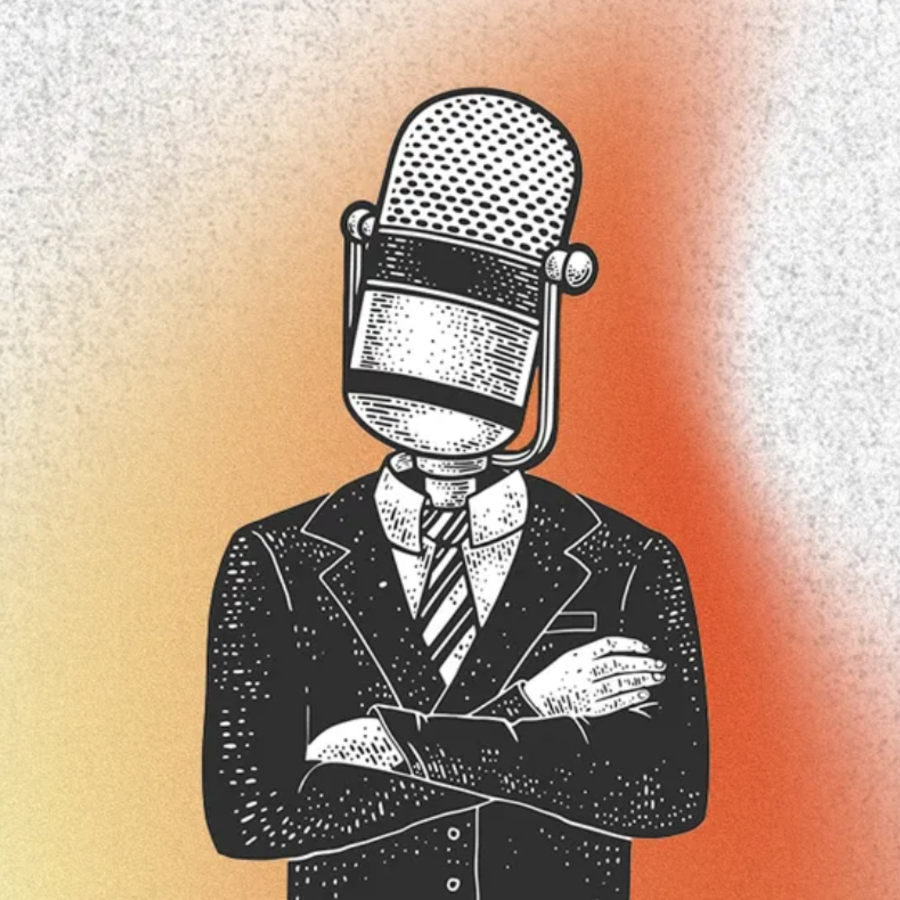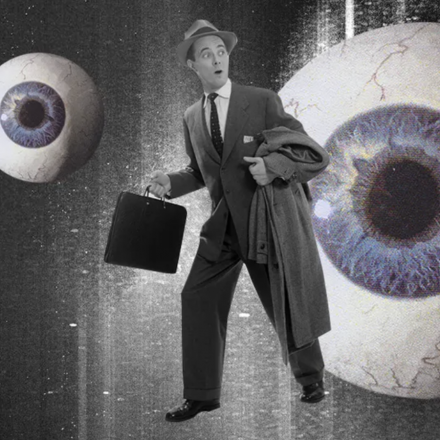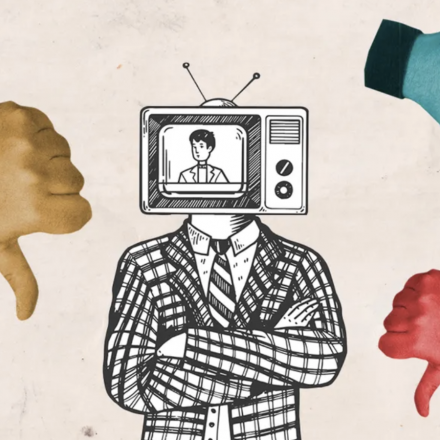Have you ever sat in your car in a parking lot, staring at your to-do list and felt like it was mocking you? Know this: it’s not your “weakness,” it’s a normal brain response to overload. Millions of people experience this daily. The key is to know which steps can help you regain stability, rather than trying to solve everything at once.
Stop trying to fix everything at once
When you’re overwhelmed, your brain demands immediate solutions to all problems—and the harder you try, the more stuck you get. The simplest trick is to dump your thoughts onto paper or into your phone: tasks, ideas, worries. It’s like freeing up your computer’s memory—more space for action and less stress.
Take a small step
When the mountain of tasks feels intimidating, pick one tiny action you can do in five minutes: take out the trash, clear a plate, reply to an email that’s been bothering you, or move an object off the floor. Even minimal movement gets the process started, and often another step follows.
Reconnect with your body
Anxiety pulls your attention into your thoughts and disconnects you from your body. Simple sensory actions help you ground yourself: contrast shower, a glass of cold water in slow sips, the scent of a candle, holding an ice cube, petting your cat or dog. This signals your nervous system that there’s no danger, reducing anxiety.
Ten-minute phone-free reset
Smartphones amplify chaos in your mind. Try ten minutes of silence: just sit, watch the sky, wash dishes slowly, color a picture, or lie on the floor. The goal isn’t productivity—it’s rest for your brain. Sometimes ten minutes is enough to breathe easier and move forward.
Check your inner dialogue
When stressed, your inner critic can become especially harsh. The trick is to speak to yourself like you would to a friend: supportive, not judgmental. This won’t eliminate all problems, but it eases the emotional burden and restores a sense of control.
Turn on “energy-saving mode”
When life feels heavy, don’t demand maximum effort from yourself. Choose simple meals, comfortable clothes, and a minimal task list. Rest doesn’t need to be “earned.” Reduce the load, let your body and brain recover—it’s sometimes more important than any achievement.
Stay connected with others
Overload often leads to isolation, but loved ones can be a source of support. You don’t need to talk about all your problems—a short message to a friend, a call to your parents, a walk together, or simply being near someone you trust is enough. Even small connections bring back a sense of reality and reduce loneliness.
Life may feel unbearable, but it goes on. Small steps, sensory “anchors,” quiet moments, and close people help you feel safe again and regain control. Sometimes it’s not about big achievements, but simple actions that make the day manageable and a little lighter.


















